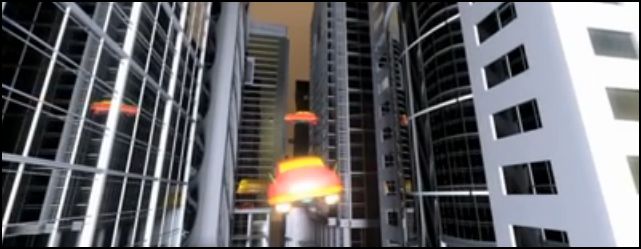What Future for Air Transport? What future for our planet? It’s obvious that humans cannot just carry on wasting its resources, poisoning our water and the atmosphere and risking catastrophic climate change.

Everyone knows that something must be done because we don’t have a spare planet.
Today, Civil Aviation accounts for 2% of greenhouse gas production but has undertaken to halve its carbon emission by 2050. So, is this really feasible? Given the population of the world would nearly doubled by then, with 9 billion potential travelers.
Carving up nature to build new land-based infrastructures would have disastrous consequences for the environment.
Because Air Transport takes up less ground area and fuel-ability materials, it’s only logical that we should use the sky’s unlimited space and leave the ground for farming and preserving biodiversity.
The ideal situation would be to develop superconductivity and free ourselves from gravity constraints. Then trains could run on a type of electromagnetic track all around the world. In cities, this type of technology would also revolutionize the traffic by bringing it a third dimension. But we’re not quiet there yet.

Picture of trains running on the electromagnetic track

Picture of Flying Cars
Whatever happens, tomorrow’s aviation industry depends on the solutions it finds to the emerging problems. Engineers are already working on more on nuclear aircraft that will use non-petroleum based fuels, will no longer have to circle about congested airports and will provide a comfortable, eco-friendly cabin environment. These planes will take many different forms.

Eco-friendly plane
There are so many possible futures for aviation. Airbus is committed to exploring them all, taking best ideas and making them fly.
Airbus is a leading aircraft manufacturer with the most modern and comprehensive product line.
Reference: www.airbus.com
- https://www.affordablecebu.com/